
Health Lab
Michigan Medicine expert, Hallie Prescott, M.D., discusses successful statewide efforts to improve sepsis treatment–and setting the bar for change at the national level

Health Lab
Taylor Swift fan recovers from flesh eating bacteria with help from her care team and Swift's music

Health Lab
The FDA approved the use of a therapeutic device invented and developed at the University of Michigan for use in children with acute kidney injury and sepsis or a septic condition requiring continuous kidney replacement therapy.
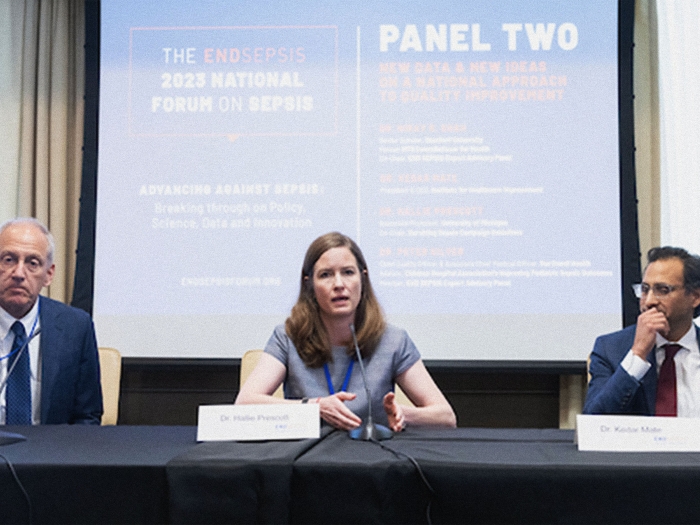
Health Lab
Hallie Prescott of the Michigan Medicine Division of Pulmonary & Critical Care Medicine is providing guidance at the state and national level to reduce the burden of sepsis in hospitalized patients.
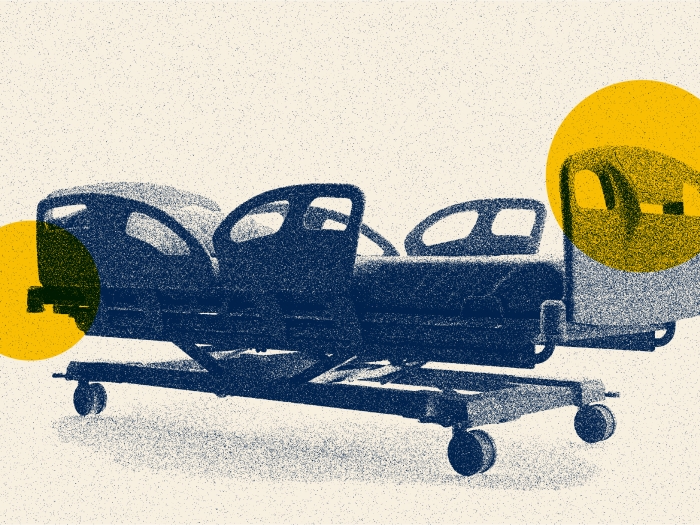
Health Lab
Epic sepsis model’s ability to predict depends on certain hospital factors
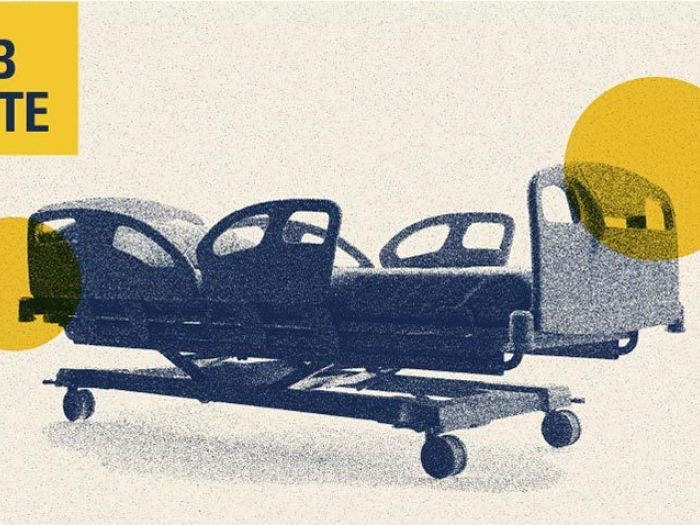
Health Lab
1 in 5 children in national study cohort developed new or progressive medical conditions within six months of leaving the ICU for sepsis care.

Health Lab
Pilot study identifies genes potentially associated with the development of a weakened immune system and poor sepsis outcomes in children.

Health Lab
2 in 3 children in study missed school following discharge, with absences averaging 2 weeks; more than half of primary caregivers missed work.
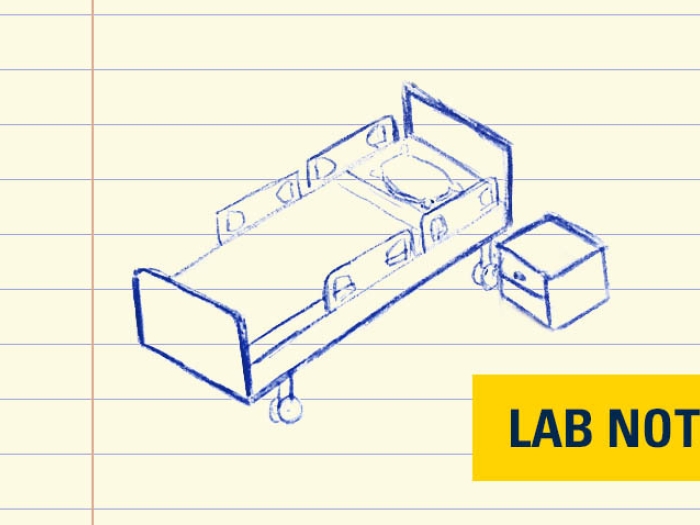
Health Lab
Early findings suggest that children from lower-income neighborhoods may endure longer hospital stays after sepsis, a life-threatening response to an infection.

Health Lab
CS Mott Children's Hospital study finds sepsis costs a total of $7.3 billion and disproportionately impacts vulnerable kids.
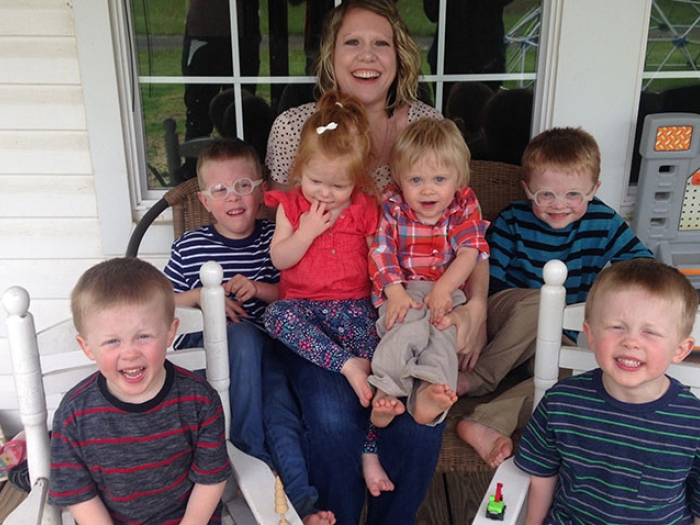
Health Lab
Motherhood has been a tumultuous journey for Kristie Stolly who suffered from septic shock after giving birth the first time to extremely premature babies.

Health Lab
A Michigan Medicine clinic provides a one-stop shop for patients discharged from an intensive care unit who lack doctors and other resources.

Health Lab
Halting the voyage of gut bacteria to the brain could help prevent harmful brain inflammation after a sepsis infection, a new study shows.

Health Lab
Get the latest information on sepsis research using a large animal model, including how this research aims to uncover new diagnostic and treatment strategies.
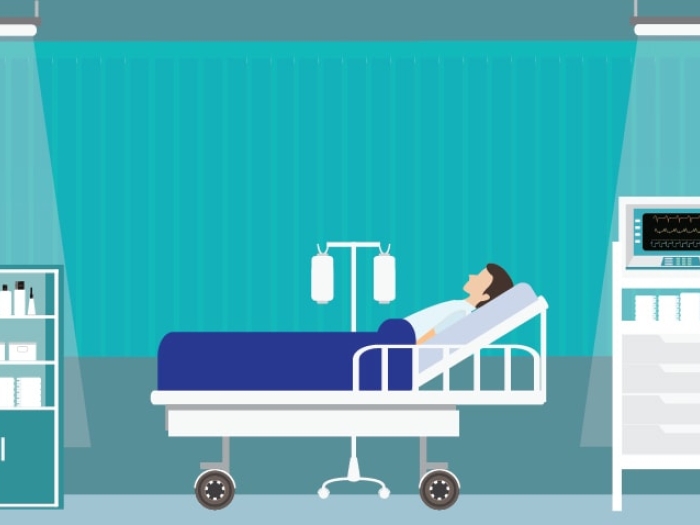
Health Lab
A new study uncovers changes in the makeup of the cardiac intensive care unit as more patients are primarily diagnosed with noncardiac conditions.